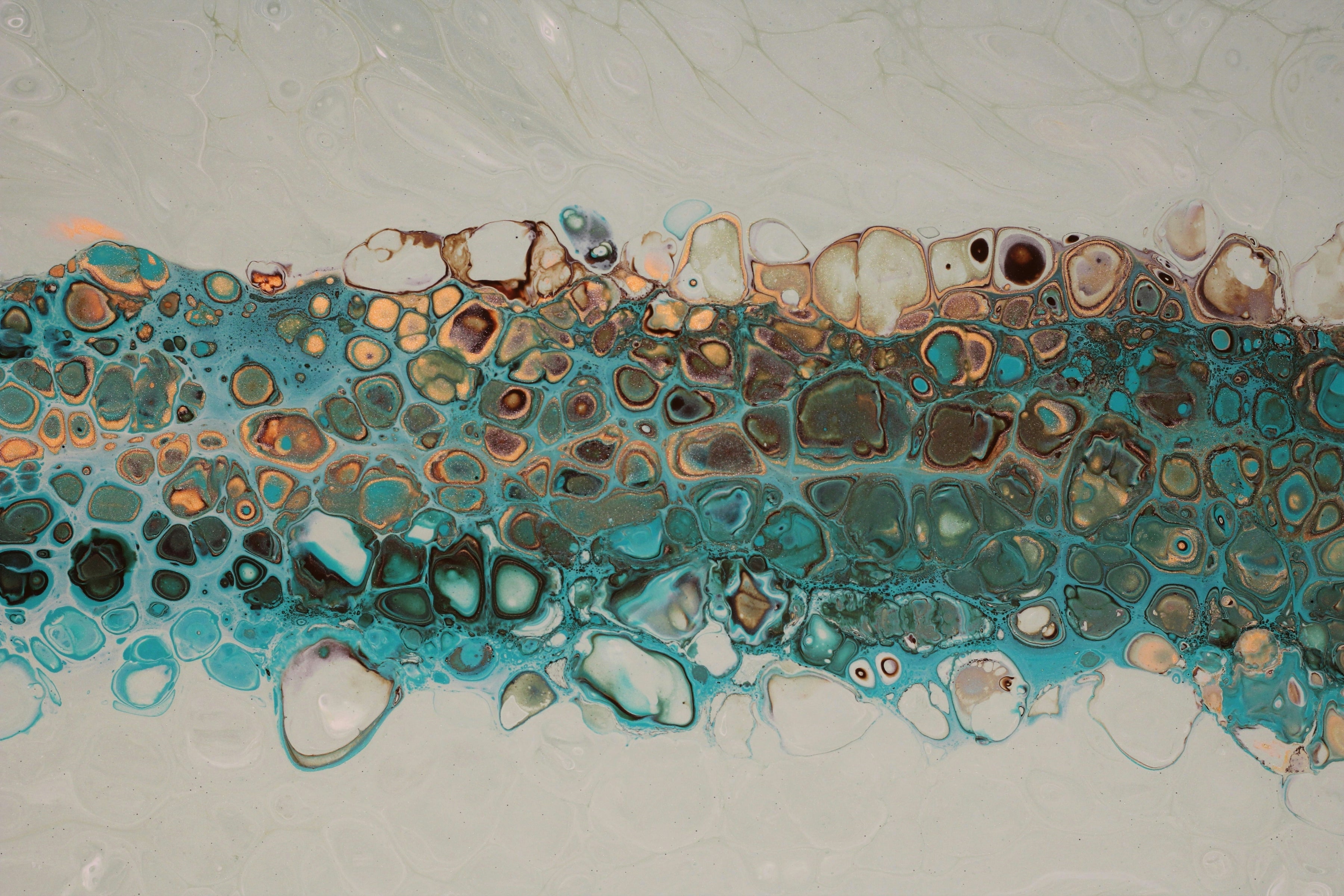SDS Seminar Series – Michele Guindani, University of California, Los Angeles
Oct
10
2025

Oct
10
2025
Description
The Fall 2025 SDS Seminar Series continues on October 10th from 2:00 p.m. to 3:00 p.m. with Dr. Michele Guindani (Professor, Department of Biostatistics, University of California, Los Angeles). This event is in-person in the Avaya Room (POB 2.302).
Title: Embracing Heterogeneity: Bayesian Clustering Methods for Neuroscience Data
Abstract: A common practice in neuroscience is to average data across analytical units such as neurons, trials, or subjects. While averaging can improve signal, it often masks important heterogeneity in brain activity. In this talk, I will present two recent methods that employ Bayesian clustering to recover latent subpopulations and neuronal ensembles, with applications in human and animal experiments. First, I will introduce a repulsive mixture model applied to Event-Related Potential (ERP) data. ERPs are small voltage changes in the brain's electrical activity, measured by electroencephalography (EEG), that are time-locked to a specific stimulus or cognitive event. Our model assigns a projection determinantal point process (pDPP) prior to the cluster locations, which mathematically enforces separation and helps uncover these hidden neuro-cognitive subgroups. The analytical tractability of the pDPP prior leads to efficient algorithms that yield parsimonious, interpretable partitions with strong frequentist guarantees, including posterior consistency and the automatic elimination of redundant components. Second, I will describe a Bayesian semiparametric framework for calcium imaging that jointly infers neural spikes and identifies functionally coherent ensembles. We model spiking probability with latent Gaussian processes and promote anatomical coherence using a location-dependent stick-breaking prior. Applied to hippocampal recordings from a mouse navigating a circular arena, the model reveals spatially structured co-activation patterns that vary with the animal's position. Taken together, these studies demonstrate the value of Bayesian clustering techniques for uncovering structure in human ERPs and mouse calcium imaging data.
Other Events in This Series
Sep
5
2025
SDS Seminar Series – Sarah Coleman, University of Texas at Austin
A Linear Mixed Effects Model for Evaluating Synthetic Gene Circuits
2:00 pm – 3:00 pm • In Person
Speaker(s): Sarah Coleman
Sep
12
2025
SDS Seminar Series – Lydia Lucchesi, University of Texas at Austin
Visual Documentation for Data Preprocessing in R and Python
2:00 pm – 3:00 pm • In Person
Speaker(s): Lydia Lucchesi
Sep
19
2025
SDS Seminar Series – Tuan Pham, University of Texas at Austin
Time-uniform Bounds for Iterated Algorithms
2:00 pm – 3:00 pm • In Person
Speaker(s): Tuan Pham
Sep
26
2025
SDS Seminar Series - Ryan Giordano, University of California, Berkeley
Local Weighting--Based Diagnostics for Bayesian Multilevel Regression with Poststratification
2:00 pm – 3:00 pm • In Person
Speaker(s): Ryan Giordano
Oct
3
2025
SDS Seminar Series – Rafael Campello de Alcantara, University of Texas at Austin
Searching for Parallel Trends: A Decision Tree Algorithm for Discovering Conditional Diff-in-Diff Estimators
2:00 pm – 3:00 pm • In Person
Speaker(s): Rafael Campello de Alcantara
Oct
17
2025
SDS Seminar Series – Wenyi Wang, MD Anderson Cancer Center
Deciphering Tumor Heterogeneity for Benefits from Immunotherapy in Cancer
2:00 pm – 3:00 pm • In Person
Speaker(s): Wenyi Wang
Oct
24
2025
SDS Seminar Series - Jonathan Huggins, Boston University
Robust Model Selection for Discovery of Latent Mechanistic Processes
2:00 pm – 3:00 pm • In Person
Speaker(s): Jonathan Huggins
Oct
31
2025
SDS Seminar Series – Max Goplerud, University of Texas at Austin
Generalized Bilinear Mixed Models and Variational Inference
2:00 pm – 3:00 pm • In Person
Speaker(s): Max Goplerud
Nov
7
2025
SDS Seminar Series – Jeffrey Miller, Harvard University
Bayesian Model Criticism Using Uniform Parametrization Checks
2:00 pm – 3:00 pm • In Person
Speaker(s): Jeffrey Miller
Mar
6
2026
SDS Seminar Series – Weining Shen, University of California, Irvine
Statistical Analysis of 3D Path Data in Minecraft
2:00 pm – 3:00 pm • In Person
Speaker(s): Weining Shen










